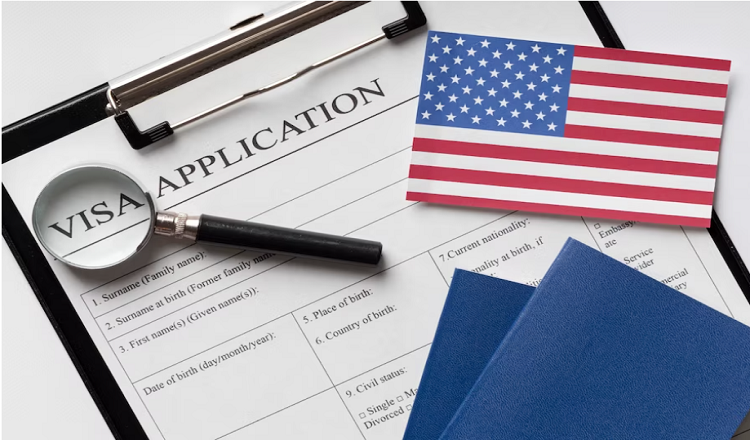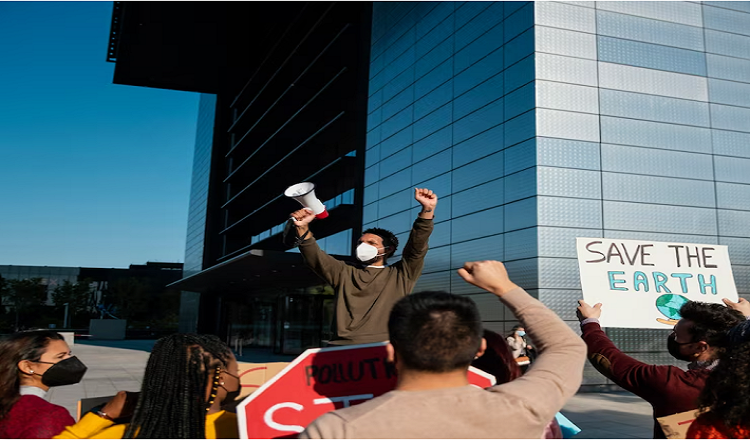Thank you for visiting the interesting world of the China-US trade war, a conflict between two powerful economies that has put the entire economy on edge. This trade war has been nothing short of an emotional rollercoaster, from tit-for-tat tariffs to diplomatic skirmishes. We will go deeper into the history, economic and political ramifications, and potential future repercussions of the China-US trade war in this blog article.
We are compelled to consider the causes of this conflict as we move through this subject. Was there a more complicated issue at hand or was it just a simple debate over trade policies? The China-US trade war will have a big impact on the world economy, that much is evident. It has had a significant influence on consumers and sectors alike, with repercussions felt in nations other than the US and China. The globe hangs its breath in anticipation of the next move in this high-stakes game of economic chess as the stakes rise with each passing day.
Therefore, unwind as we take you on a tour through the China-US trade war while analysing its effects on the political environment, the economy, and the future of international commerce. This essay will offer you a thorough knowledge of the ongoing trade war, from its history to its probable future ramifications. Let’s begin immediately!
The China-US Trade War in History
The history of the US-China trade war is one of rising hostilities between two superpowers engaged in a struggle for economic dominance. As a result of unfair trade practises and intellectual property theft, the Trump administration decided to slap tariffs on Chinese imports in 2018, which sparked the war. A tit-for-tat exchange that turned into a full-scale trade war started when China responded with its own penalties.
Since then, the conflict has seen a number of significant occurrences and developments, including as negotiations, extra tariffs, and diplomatic conflicts. The disagreement is currently in an undetermined condition, and all sides are working hard to come to an agreement that serves their own interests. Although there have been discussions about a potential agreement, the ongoing COVID-19 outbreak and the shifting political climate have made the situation even more complicated.
Despite the difficulties, the China-US trade war has had a big effect on the world economy, with both consumers and industry suffering from the conflict. The two economic behemoths’ ability to settle their disputes and bring stability back to the world of international commerce is still an open question as we turn to the future.
Effects of the Trade War on the Economy
The China-US trade war has had a significant economic impact on both countries’ consumers and businesses, as well as on the global trade environment. The tariffs have had a significant negative impact on US businesses like manufacturing, agriculture, and technology, which has resulted in job losses and decreased exports. The trade war’s effects on consumers include higher costs for goods and services.
The violence has also had an impact on the Chinese economy, slowing growth and reducing exports. The trade war has affected international trade as well, causing supply chains to break down and creating market instability.
The trade war has already had an immediate negative impact on the economy of both nations, both in the short and long term. The long-term ramifications of the fight, however, remain to be seen because they might take years to fully manifest. However, it is certain that the trade war has brought up fresh difficulties and uncertainties that could have an impact for years to come.
Influence of the Trade War on Politics
Significant political ramifications of the US-China trade war have been felt both domestically and abroad. With each side accusing the other of unfair trade practises and economic pressure, the disagreement has strained relations between the two nations. Politicians are embracing the trade war as a campaign topic in the US, where it has emerged as a major concern.
In terms of how other nations have reacted internationally, the trade conflict has forced them to deal with a shifting trade environment. While some nations have seized the chance to increase their own economic clout, others have voiced alarm over the trade war’s effects on the world economy.
It is unclear how the trade conflict will impact China and the US’s political relationship as it rages on. However, it is certain that the conflict has added fresh difficulties and uncertainties to the world’s political environment, which could have an impact on future international relations.
The Effect of the Trade War on Technology
Technology breakthroughs and innovation have been significantly impacted by the China-US trade war, with sectors including technology, telecommunications, and aerospace being notably affected. The manufacturing of goods and services has been slowed down as a result of tariffs and trade restrictions that have disrupted international supply chains. The technology industry has also been affected; firms like Huawei now have fewer options for conducting business in the US.
The trade war may make it more difficult for nations to collaborate and innovate together, which might have enormous repercussions for future global technology and innovation. As nations seek to diversify their economic ties, the struggle may also spur the creation of new businesses and technology. It is obvious that the trade war has changed the technological landscape and created new difficulties and uncertainties, which could have an impact on future innovation and global competitiveness.
Effects of the Trade War on Culture
The China-US trade conflict has had a significant effect on cross-cultural communication between the two nations. The conflict has resulted in fewer Chinese tourists coming to the US, as well as fewer exchange programmes for culture and education. Additionally, both nations have used their respective media channels to advance their own goals, which has had a considerable impact on how the public perceives the conflict.
Since cultural interchange is crucial to fostering mutual understanding and collaboration between the US and China, its potential long-term impacts are complicated. This relationship could be strained by the trade war, which could also obstruct future attempts at cultural interchange. It is obvious that the trade war has changed the cultural landscape and created new difficulties and uncertainties, which could have an impact on future US-China relations.
Conclusion
The China-US trade war has had a tremendous impact on the world economy, politics, technology, culture, and more, in conclusion. The violence has hampered investment and trade, weakened diplomatic connections, and added new difficulties and uncertainties to the world’s situation. The trade war’s effects on the economy, politics, technology, and culture are important considerations, as are any potential long-term repercussions for the US-China trade relationship.
Looking ahead, it is critical for decision-makers, corporate executives, and citizens to collaborate in order to solve the difficulties brought on by the trade war and discover strategies for fostering mutual understanding and collaboration between the two nations. This can entail changing trade regulations, making investments in emerging fields of technology and business, and fostering cross-cultural and academic dialogue. It is possible to overcome the difficulties brought on by the trade war and create a more stable and mutually beneficial trade relationship between the US and China with strategic planning and a commitment to collaboration.
Read More You May Like:











